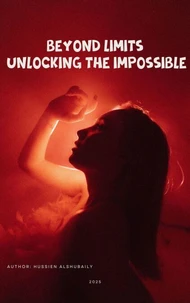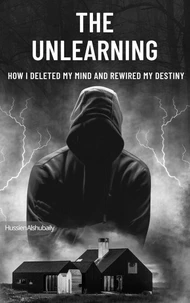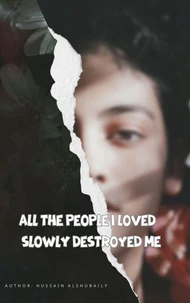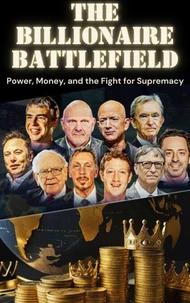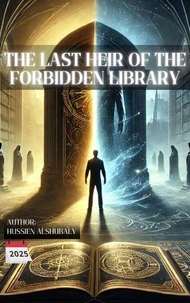The Final Hours Perspectives on The End of the World
Par :Formats :
Disponible dans votre compte client Decitre ou Furet du Nord dès validation de votre commande. Le format ePub protégé est :
- Compatible avec une lecture sur My Vivlio (smartphone, tablette, ordinateur)
- Compatible avec une lecture sur liseuses Vivlio
- Pour les liseuses autres que Vivlio, vous devez utiliser le logiciel Adobe Digital Edition. Non compatible avec la lecture sur les liseuses Kindle, Remarkable et Sony
- Non compatible avec un achat hors France métropolitaine
 , qui est-ce ?
, qui est-ce ?Notre partenaire de plateforme de lecture numérique où vous retrouverez l'ensemble de vos ebooks gratuitement
Pour en savoir plus sur nos ebooks, consultez notre aide en ligne ici
- FormatePub
- ISBN8230266259
- EAN9798230266259
- Date de parution11/03/2025
- Protection num.Adobe DRM
- Infos supplémentairesepub
- ÉditeurIndependently Published
Résumé
"The Final Hours: Perspectives on the End of the World" is a book that explores the inevitable end of the world from various perspectives, including history, philosophy, religion, and science. It examines how different cultures throughout history have approached the concept of the world's end, from religious myths and prophecies describing the Day of Judgment to scientific predictions involving cosmic catastrophes or self-inflicted destruction by humanity.
Through its diverse chapters, the book delves into philosophical reflections on the idea of the end as an inherent part of human existence, exploring how this concept reinforces ideas of mortality and destiny. It also provides a clear and defined perspective through the Islamic worldview, which views the end as a predetermined event leading to divine judgment and the separation of reward and punishment.
Additionally, the book showcases how the theme of the end of the world has been used in literature and film to explore human resilience and ethics in the face of the unknown. This book offers a comprehensive study of these varied viewpoints, providing a deep understanding of the end in the context of human culture, while shedding light on questions of fate and faith in a complex and diverse world.
Through its diverse chapters, the book delves into philosophical reflections on the idea of the end as an inherent part of human existence, exploring how this concept reinforces ideas of mortality and destiny. It also provides a clear and defined perspective through the Islamic worldview, which views the end as a predetermined event leading to divine judgment and the separation of reward and punishment.
Additionally, the book showcases how the theme of the end of the world has been used in literature and film to explore human resilience and ethics in the face of the unknown. This book offers a comprehensive study of these varied viewpoints, providing a deep understanding of the end in the context of human culture, while shedding light on questions of fate and faith in a complex and diverse world.
"The Final Hours: Perspectives on the End of the World" is a book that explores the inevitable end of the world from various perspectives, including history, philosophy, religion, and science. It examines how different cultures throughout history have approached the concept of the world's end, from religious myths and prophecies describing the Day of Judgment to scientific predictions involving cosmic catastrophes or self-inflicted destruction by humanity.
Through its diverse chapters, the book delves into philosophical reflections on the idea of the end as an inherent part of human existence, exploring how this concept reinforces ideas of mortality and destiny. It also provides a clear and defined perspective through the Islamic worldview, which views the end as a predetermined event leading to divine judgment and the separation of reward and punishment.
Additionally, the book showcases how the theme of the end of the world has been used in literature and film to explore human resilience and ethics in the face of the unknown. This book offers a comprehensive study of these varied viewpoints, providing a deep understanding of the end in the context of human culture, while shedding light on questions of fate and faith in a complex and diverse world.
Through its diverse chapters, the book delves into philosophical reflections on the idea of the end as an inherent part of human existence, exploring how this concept reinforces ideas of mortality and destiny. It also provides a clear and defined perspective through the Islamic worldview, which views the end as a predetermined event leading to divine judgment and the separation of reward and punishment.
Additionally, the book showcases how the theme of the end of the world has been used in literature and film to explore human resilience and ethics in the face of the unknown. This book offers a comprehensive study of these varied viewpoints, providing a deep understanding of the end in the context of human culture, while shedding light on questions of fate and faith in a complex and diverse world.




